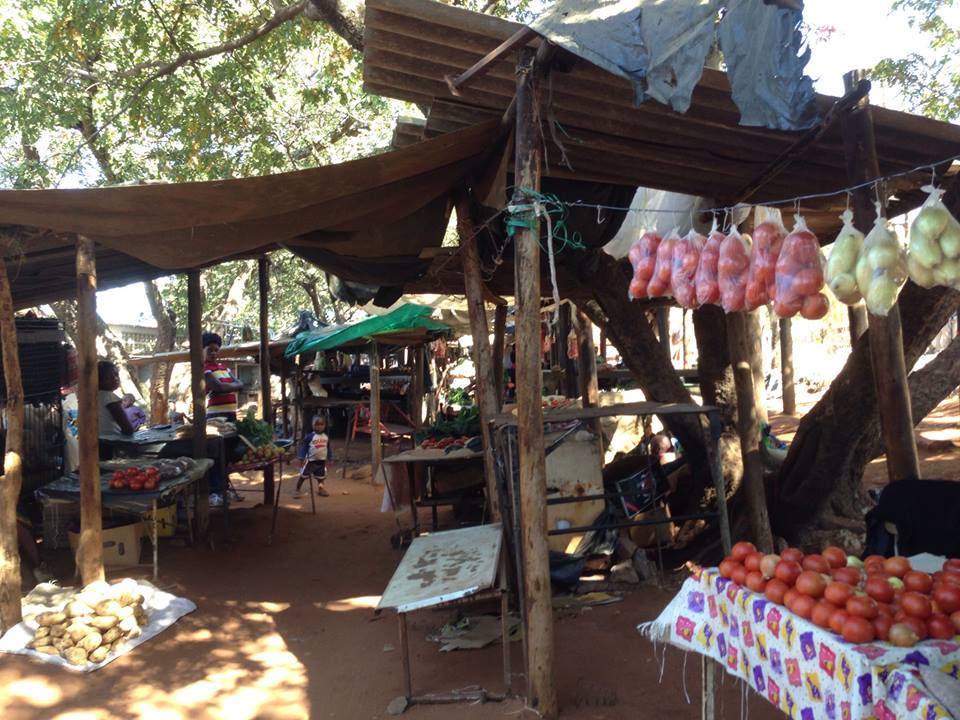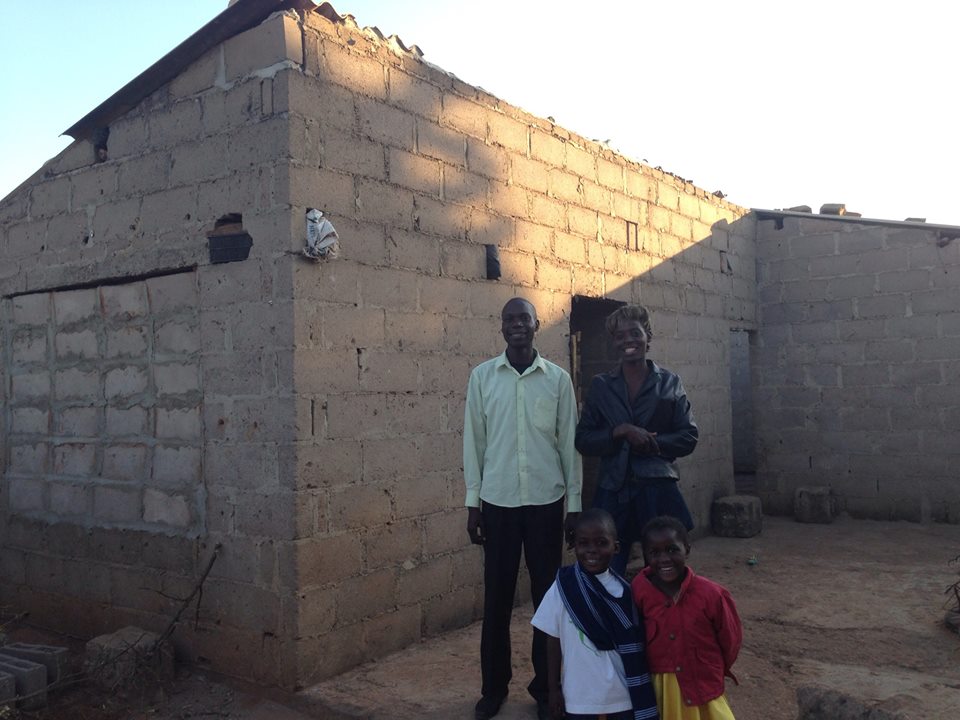"Why Bitcoin Matters for Africa" from Arianna's Bitcoin Blog

From June through August of this past year I backpacked through southern Africa, and the poverty of Zimbabwe really struck me. It’s a country graced with incredible natural beauty, and cursed by decades of misrule. Zimbabwe suffered from the second worst hyperinflation on record; it reached an absurd 231,000,000% in the summer of 2008. That means that the price of goods doubled every 25 hours. To look at it another way, if you started with 100k today, tomorrow your purchasing power would be cut to 50k. A week later, you’d be down to less than 1k, and within two weeks, you would essentially be unable to buy anything.

A village about 10km (~6 miles) outside Victoria Falls. There is no electricity or running water, but the people I met would walk into town once a week to charge their phones.
Reading about an indeterminate number of zeros being added monthly to price tags in a country on another continent is one thing; listening to a woman tell you her child died because the local hospital couldn’t afford to stock simple antibiotics is another entirely. The emotional weight of her story was such that for the rest of the day, I wandered around the town feeling like I’d been hit by a truck. Surely there must be a way to prevent something like this from happening again?

An open air market in Zimbabwe. Unsurprisingly, all cash transactions.
The hyperinflation that crippled the Zimbabwean economy was not the product of some greater, unstoppable economic force. It was the direct result of currency manipulation and irresponsible printing of money. The Mugabe government did so to finance wars in the Congo, pay off debts, and inflate the salaries of high-ranking military and government officials.
Gideon Gono, governor of the Reserve Bank of Zimbabwe, increased the supply of money enormously against the advice of economists, but with full support from President (read: dictator) Robert Mugabe. As any basic textbook of economics posits, the Zimbabwean dollar fell in value and hyperinflation followed. The government tried to salvage the situation by slicing zeros off the end of the currency (at one point, they “reset” things so that what was formerly one trillion Zimbabwean dollars was now equal to one Zimbabwean dollar), but with little success. They eventually adopted the US dollar as their currency. The country is making a painfully slow recovery, but the economic situation remains dire as much of the population still struggles daily to survive.

Thanks to its incredibly young population, Africa can be a huge player in the bitcoin network, and has a lot to gain from it. It is set for a demographic explosion, projected to reach over 4 billion people by 2100. These are numbers that can support a huge network built around bitcoin. Whether or not you believe that by 2017 most Africans will have smartphones, I can tell you we’re certainly headed in that direction. There is also a low switching cost to using bitcoin, as many people and businesses do not use traditional banking. As this paper from the Centre for the Study of African Economies outlines, “African enterprises and households are less likely to use financial services than their peers in other developing countries”. Mobile banking is widely used, especially in nations like Kenya and Somalia, where services like M-PESA have taken hold.
I use Zimbabwe as an example because it is one I am familiar with, but similar economic situations have unfolded across various continents. Peru, Brazil, Angola, Yugoslavia (at the time when it still existed) and a number other countries have all suffered from crippling hyperinflation, and in many cases this was caused by impulsive, foolish “human error” in the form of printing money without thought for the consequences.
Here is where Bitcoin comes into play. Since bitcoin is a decentralized currency that is controlled by algorithms rather than one or a small handful of individuals, there is no option to simply “print more money”. This precludes governments from instituting reckless monetary policies and subverting entire economies on little more than a whim.
With bitcoin, as with anything, the possibility of foul play remains. It is less likely to come from a government than from a mining pool, but some degree of risk exists. Mining superpools which take control of 51% + of the hashing power do have the ability to manipulate the bitcoin network. Ghash.io, which is currently the largest mining pool in existence, reached overall hashing power of over 40%, and subsequently released a statement about it expressing that they have no intention of executing a 51% attack.
For the sake of argument, let’s assume they are lying. If they were to execute a 51% attack, they would cause the bitcoin network to fundamentally lose trust in the currency, leading to a tremendous drop in price. I estimate this would be far more crushing than something like the recent Mt. Gox fiasco. Although not impossible, it would be extremely challenging for bitcoin to recover. As one of the largest “shareholders” in the bitcoin economy, it would be highly irrational for Ghash.io (or any other large mining pool) to voluntarily tank the system. They would be doing themselves much more harm than good, sacrificing the entire system’s integrity and potential for huge, ongoing profits for a much smaller immediate gain. Government leaders do not always share the same disincentives to collapsing their own economies; despite destroying his country’s currency, Mugabe is still in power, and still a billionaire.
Is bitcoin the perfect solution? Probably not. But since our current system has already allowed for catastrophic failures, bitcoin does hold the potential for tremendous improvement.

Arianna Simpson Why Bitcoin Matters For Africa

